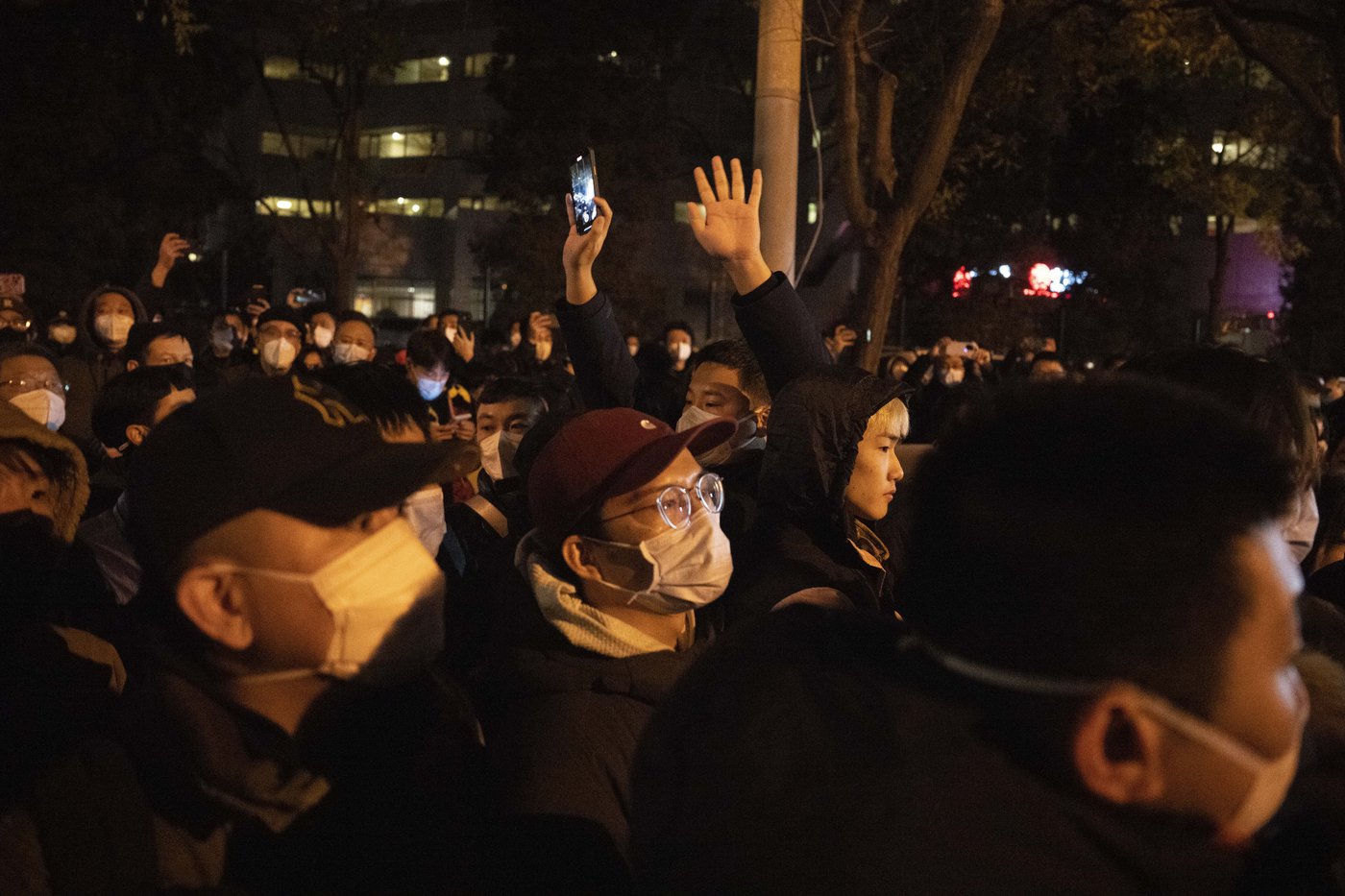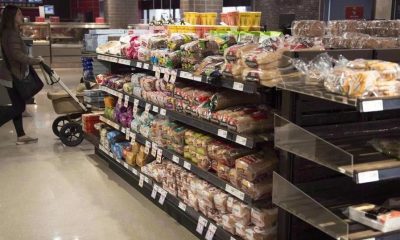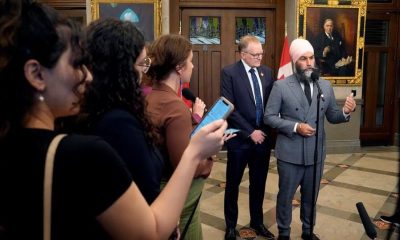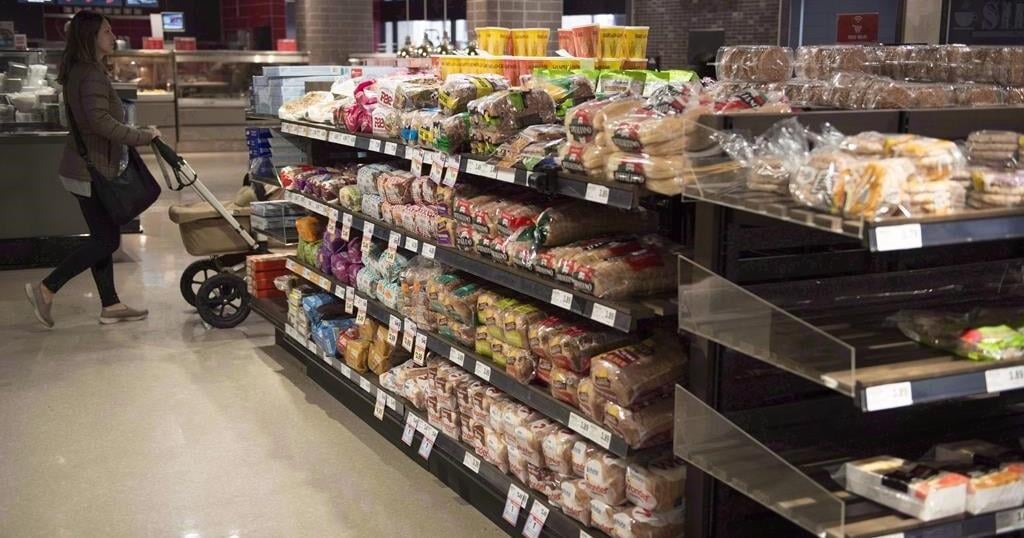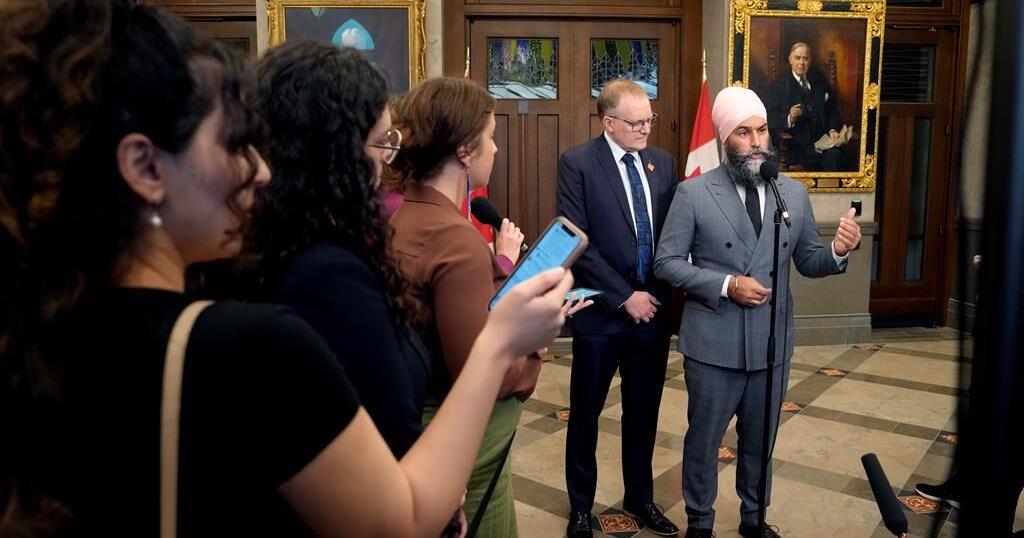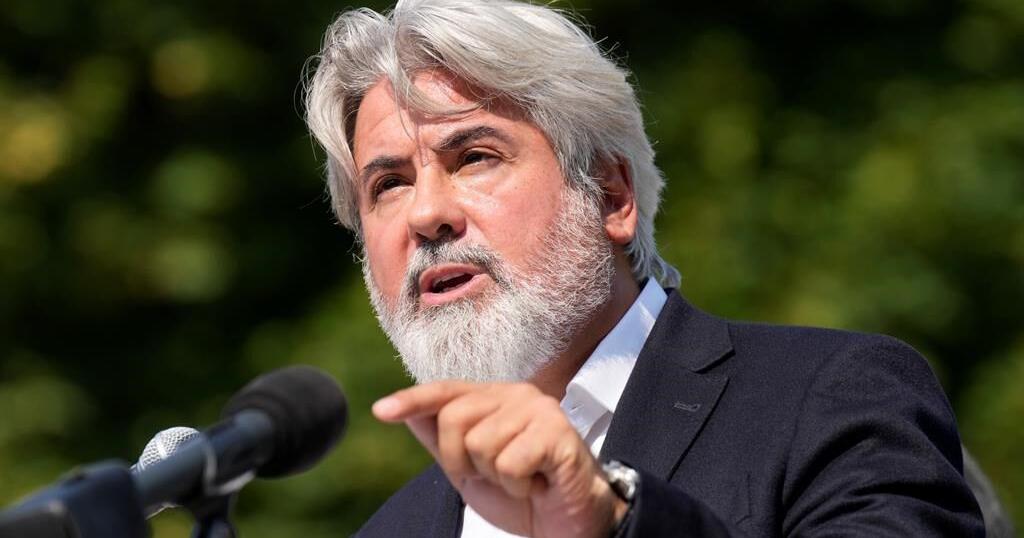China’s zero-COVID lockdowns have been linked to a rare wave of protests across the country in recent weeks, and immigration industry experts say the strict pandemic rules are also fuelling a surge in requests to live in Canada.
Immigration from China has bounced back from pandemic lulls to hit a new peak, according to Canadian government statistics, and immigration consultants report an ongoing surge of inquiries.
Vancouver immigration lawyer Ryan Rosenberg, co-founder and partner at Larlee Rosenberg, said COVID restrictions have been a new motivator for potential Chinese immigrants.
“I think that what we are seeing is that COVID lockdowns really shocked people and it caused people to think that maybe China is not a good fit for themselves and for their families.”
Rosenberg, who has been in the industry for more than 20 years, said the traditional driving forces for Chinese clients considering Canada were better education for their children, cleaner air and a healthier lifestyle.
Permanent resident admissions from China hit 9,925 in the July-to-September quarter, online statistics by Immigration, Refugees and Citizenship Canada show.
That is more than triple the pandemic low of 2,980 in the same quarter of 2020, and is also up 15 per cent from 8,690 recorded in the third quarter of 2019, before the pandemic hit.
Quarterly admissions from China are now higher than at any point since 2015, as far back as the online statistics go. A spokesperson for Immigration Canada was not available to confirm if immigration rates had been higher before 2015.
Politics is also a factor, Rosenberg said, citing the consolidation of power with President Xi Jinping, who was recently confirmed for a precedent-breaking third term.
“(The) latest extension of Xi’s rule in China has also scared certain people, mostly business owners … and they are wanting to look at Canada as an option for themselves and their family,” said Rosenberg.
“There is a strong vibe that we are picking up on people wanting to get out for those reasons more than anything.”
Tiffany, a Richmond, B.C., immigration consultant who only wanted her first name used for fear of reprisals against her family from China, said many of her clients say China’s zero-COVID strategy made them feel “their freedom and liberties have been stripped away.”
“Many could sense the pressure that (Chinese) society is shifting, from once being a bit open and relaxed to being strict, prompting them to think of escaping to other countries,” the consultant said in an interview in Mandarin.
Immigration consultant Ken Tin Lok Wong said his firm has also seen an increase in family reunion applications.
“Because of COVID-19, many decided to come here to visit their family members in Canada,” Wong said in an interview in Mandarin.
“After spending some time here, they realized that although they probably could make more money in their hometowns (in China), being close to family members is more important than anything in life.”
Rosenberg said the subject of immigration has become so sensitive that his clients in China are reluctant to discuss matters over electronic communication, fearing they might be monitored by the Chinese government.
“It’s coming to the point that the concern is getting in the way of people being able to have meaningful conversations about this in China, and that can somehow limit our ability to do really good work for them,” said Rosenberg.
China’s embassy in Ottawa did not respond to a request for comment.
The desire to leave China during the pandemic, combined with the caution of speaking about it openly, has sparked a coded term in Chinese online discussions: “run xue,” or run philosophy.
The bilingual term refers to studying ways to get out of China, and is widely used on Chinese-language websites and chat rooms.
A recent immigrant who moved from Beijing to Vancouver three years ago said he made his “run” for political reasons. He too asked not to be identified out of fear of reprisals from the Chinese government.
The engineer, who is in his late 30s, said he went on multiple trips to Taiwan after the island opened its doors to Chinese tourists in 2008.
“I remember, I stopped by at Freedom Square, a public plaza in Taipei, and saw some people running around carefree. Some were doing music rehearsals and others were even waving placards to express their political opinions,” he said.
“I didn’t see any police presence at the square and that was the awakening moment for me. I thought to myself: ‘Oh, I actually could live my life this way.’”
He said he was now content with his life in Vancouver, despite feeling lonely during holidays and having to work multiple jobs to make a living.
Rosenberg said young immigrants with lots of work years ahead of them were favoured for their ability to contribute to the Canadian economy in a “meaningful and direct way.”
“So, the bias is towards people who are a bit younger, highly educated, and can speak English or French, and then having experience in Canada, (rather) than experience earned outside of Canada,” said Rosenberg.
This report by The Canadian Press was first published Dec. 4, 2022.
This story was produced with the financial assistance of the Meta and Canadian Press News Fellowship.
Related

